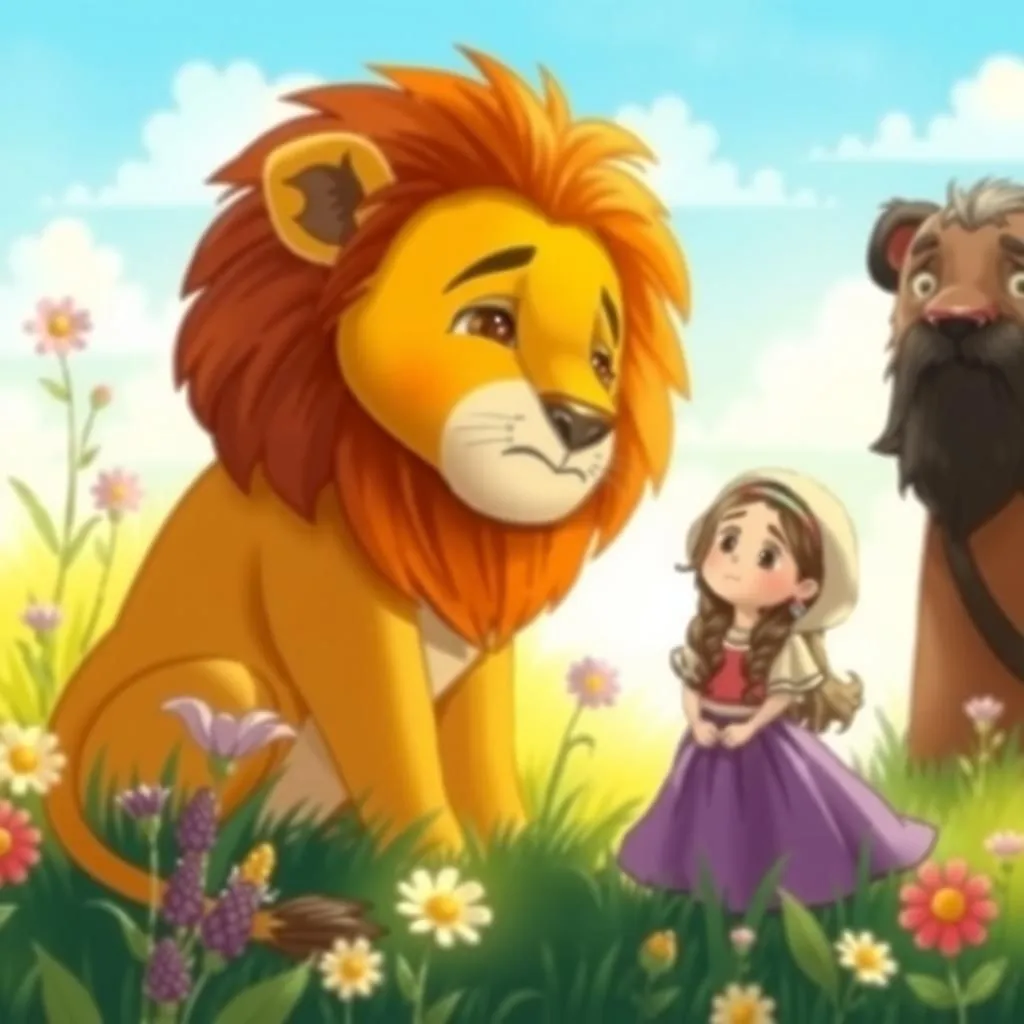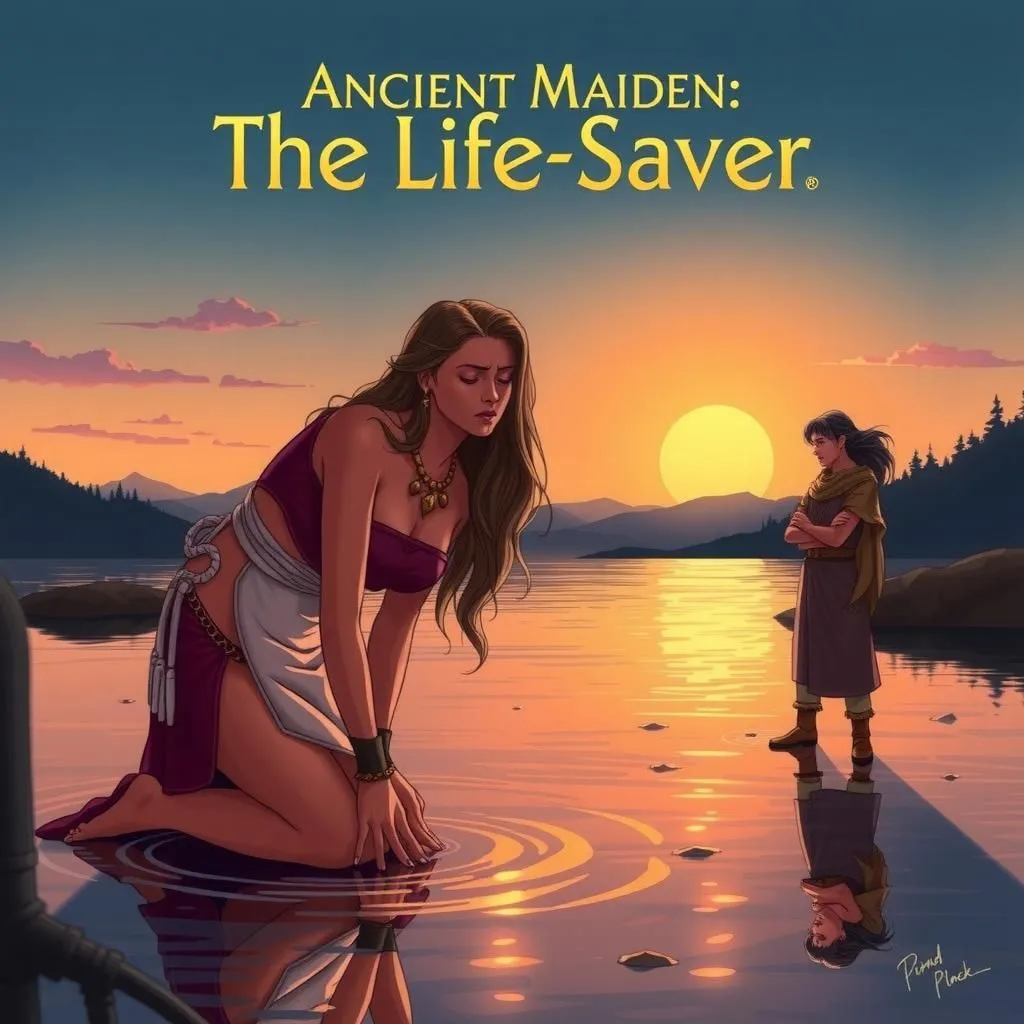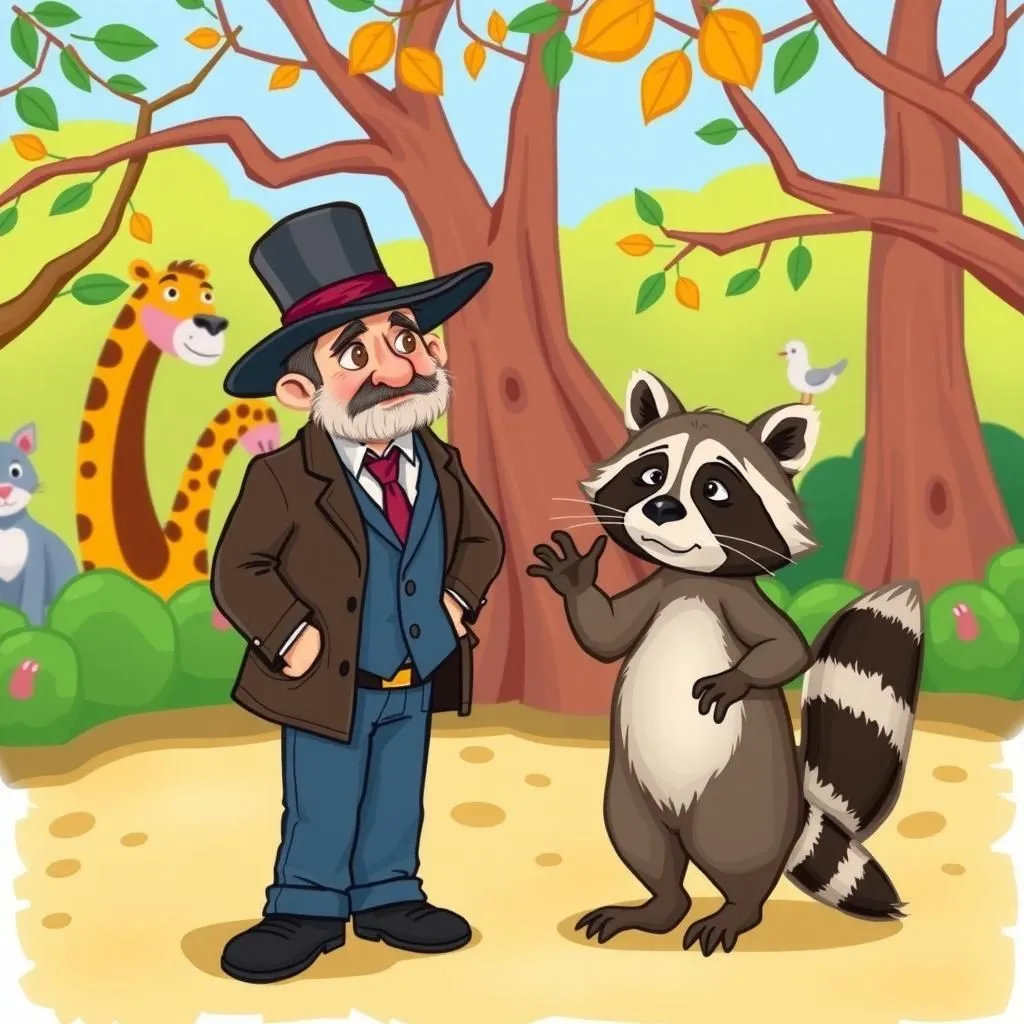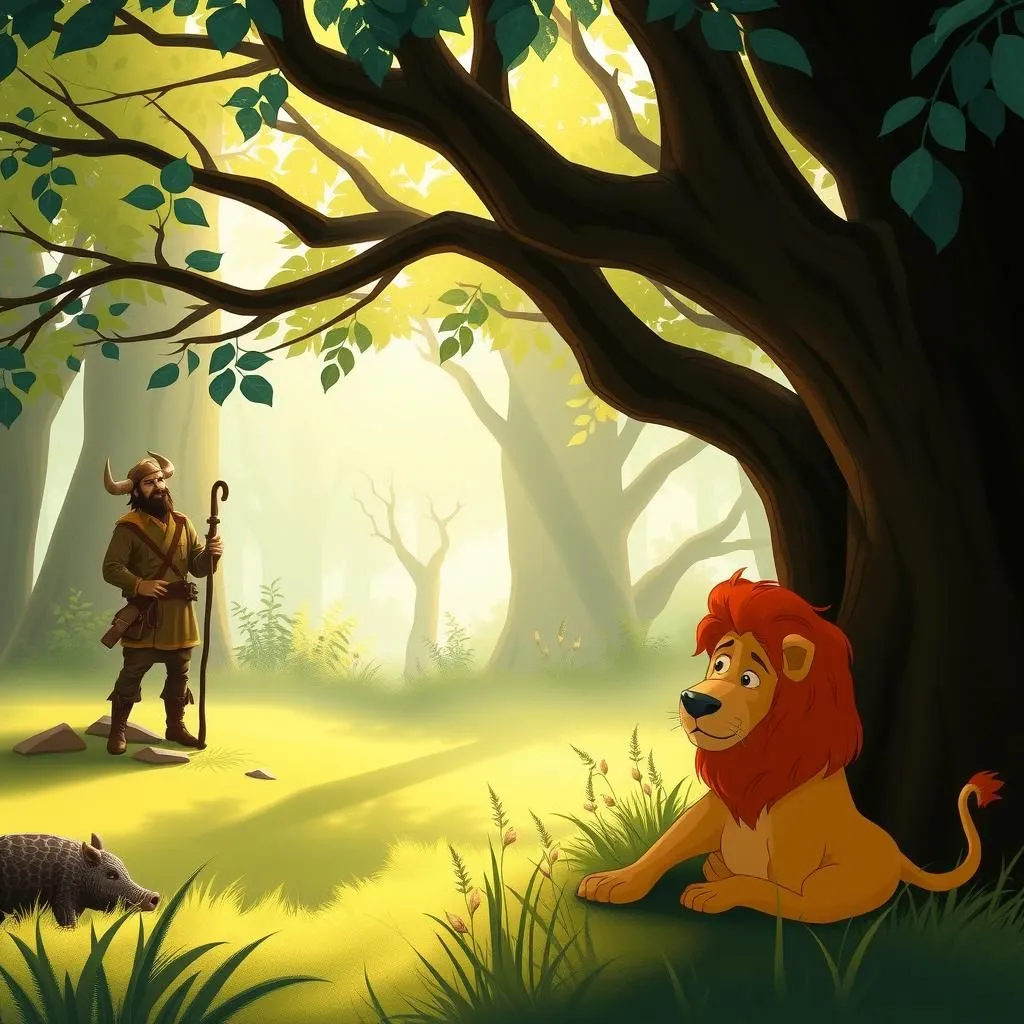
The Lion in Love
In "The Lion in Love," a noble lion falls for a shepherdess and, in a bid to win her over, agrees to be declawed and have his teeth filed down, sacrificing his strength and identity. This thought-provoking moral story serves as a cautionary tale about the dangers of love that blinds one to the risks of vulnerability. Ultimately, it reminds us that true love should never require us to compromise our essence, making it an inspirational story with moral lessons suitable for young readers and moral stories for class 7.


